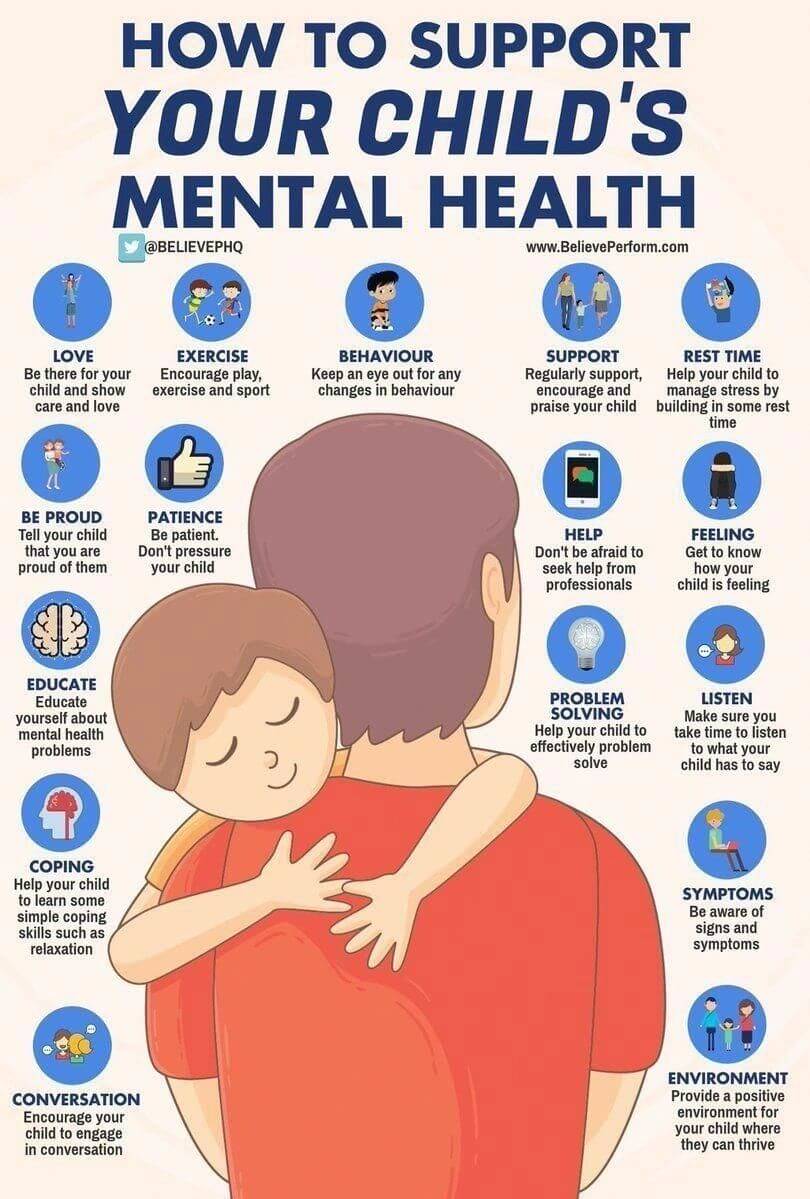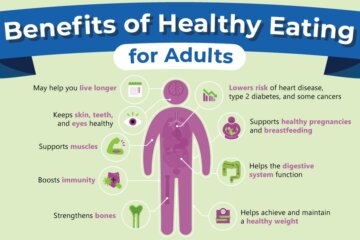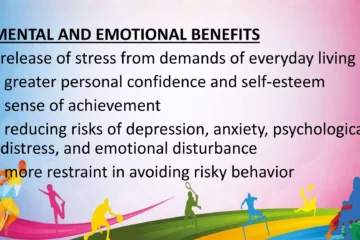“How to Get Mental Health Help Without Parents Knowing”
You might feel like you’re walking on a tightrope, balancing your need for mental health support with your desire for privacy. It can be overwhelming to know where to start, especially if you’re trying to keep your concerns away from your parents.
But here’s the good news: you’re not alone, and there are ways to get the help you need without them finding out. Imagine having a toolbox filled with resources that empower you to take control of your mental well-being on your terms.
In this guide, you’ll discover practical steps that allow you to seek support discreetly. Whether you’re dealing with anxiety, depression, or simply need someone to talk to, you’ll learn how to access professional help and confidential resources without raising any red flags at home. So, are you ready to take charge and find the peace of mind you deserve? Let’s dive in and explore your options together.
Understanding Privacy In Mental Health
Seeking mental health help privately can be challenging, yet it’s possible. Online therapy offers confidential support without needing parental consent. Free helplines also provide anonymous assistance, ensuring privacy in your journey to well-being.
Understanding privacy in mental health is essential, especially when you’re seeking help without involving your parents. It’s natural to have concerns about who might find out about your therapy sessions or treatment. Knowing your rights and the laws that protect your privacy can empower you to take control of your mental health journey confidently.
Confidentiality Laws
Confidentiality laws are designed to protect your personal information. Therapists and counselors are bound by these laws to keep your sessions private. There are exceptions, such as if there’s a risk of harm, but generally, your discussions remain between you and your therapist. These laws ensure that your parents won’t automatically be informed about your therapy. Understanding this can provide you with the reassurance you need to seek help independently.
Rights Of Minors
As a minor, you might wonder what rights you have when seeking mental health services. In many places, you have the right to confidential mental health care without parental consent. Some states allow minors to consent to certain types of treatment on their own. This includes therapy sessions, which means you can talk to someone without your parents’ knowledge. Have you ever considered what steps you can take to protect your privacy further? You might want to discuss confidentiality directly with your therapist at the start. Knowing your rights is powerful. It helps you make informed decisions about your mental health care. It’s your journey, and you have the right to navigate it with the privacy you need.
Finding Trusted Resources
Finding trusted resources for mental health support is crucial, especially when you want privacy. You might feel isolated or overwhelmed, but remember, you’re not alone. There are ways to access support discreetly and effectively.
Online Support Platforms
Online platforms can be a lifesaver when you need mental health support without alerting your parents. Websites like 7 Cups or BetterHelp offer confidential chat sessions. You can talk to professionals or peers who understand your situation.
Forums and communities can also be helpful. Reddit has subreddits dedicated to mental health discussions where you can share your experiences anonymously. Remember to check if the platform respects your privacy before you engage.
Some apps provide helpful tips and mindfulness exercises. Apps like Headspace or Calm offer resources that can help you manage stress and anxiety. They won’t send notifications that could give away your activities.
Local Mental Health Clinics
Local clinics may offer services to young individuals without needing parental consent. Look for clinics that provide sliding scale fees if you’re worried about costs. They often have professionals who specialize in adolescent mental health.
Student health services at schools or universities may provide free or low-cost counseling. They understand the importance of confidentiality for students. You might find support there without any paperwork reaching home.
Consider visiting a youth center in your area. These centers often have information on mental health resources available to you. They might also offer group sessions where you can meet others facing similar challenges.
Have you ever tried reaching out anonymously? It might feel daunting, but once you take that step, you’ll find supportive communities and individuals ready to help. You deserve the chance to speak freely and find the guidance you need.
Utilizing School Resources
Explore school counselors for discreet mental health support. Access student wellness programs designed for privacy. Utilize online resources offered by the school library.
Getting mental health support without involving your parents might seem challenging, but utilizing school resources can provide a discreet and accessible way to seek help. Schools often offer a variety of services designed to aid students in managing their mental health concerns. By tapping into these resources, you can find support without leaving a trace. Let’s explore how you can make the most of what your school offers.
School Counselors
School counselors are there to listen and guide you through tough times. They offer a safe space to talk about what’s on your mind. Whether you’re dealing with anxiety, stress, or any other issue, they can provide advice and coping strategies. You might worry about confidentiality, but school counselors are trained to respect your privacy. They will keep your discussions private unless there’s a risk of harm. Consider scheduling a meeting during a free period or after school to maintain discretion. School counselors can also direct you to further resources if needed, ensuring you get the help you need without parental involvement.
Peer Support Groups
Peer support groups can be a great way to connect with others who understand what you’re going through. These groups are often organized by the school and provide a platform to share experiences and support each other. Joining a peer support group allows you to talk to others who are experiencing similar challenges. It can be comforting to know you’re not alone. These groups can meet during lunch breaks or after school hours, making them a discreet option. The camaraderie and mutual understanding in these settings can foster a sense of belonging and alleviate feelings of isolation. Have you ever considered that others might be seeking help just like you? By engaging in peer support, you not only receive help but also contribute to the wellness of others. This mutual support system can be empowering and reassuring. In what ways can your school resources become a lifeline? Using them wisely can lead to meaningful support while maintaining your privacy.
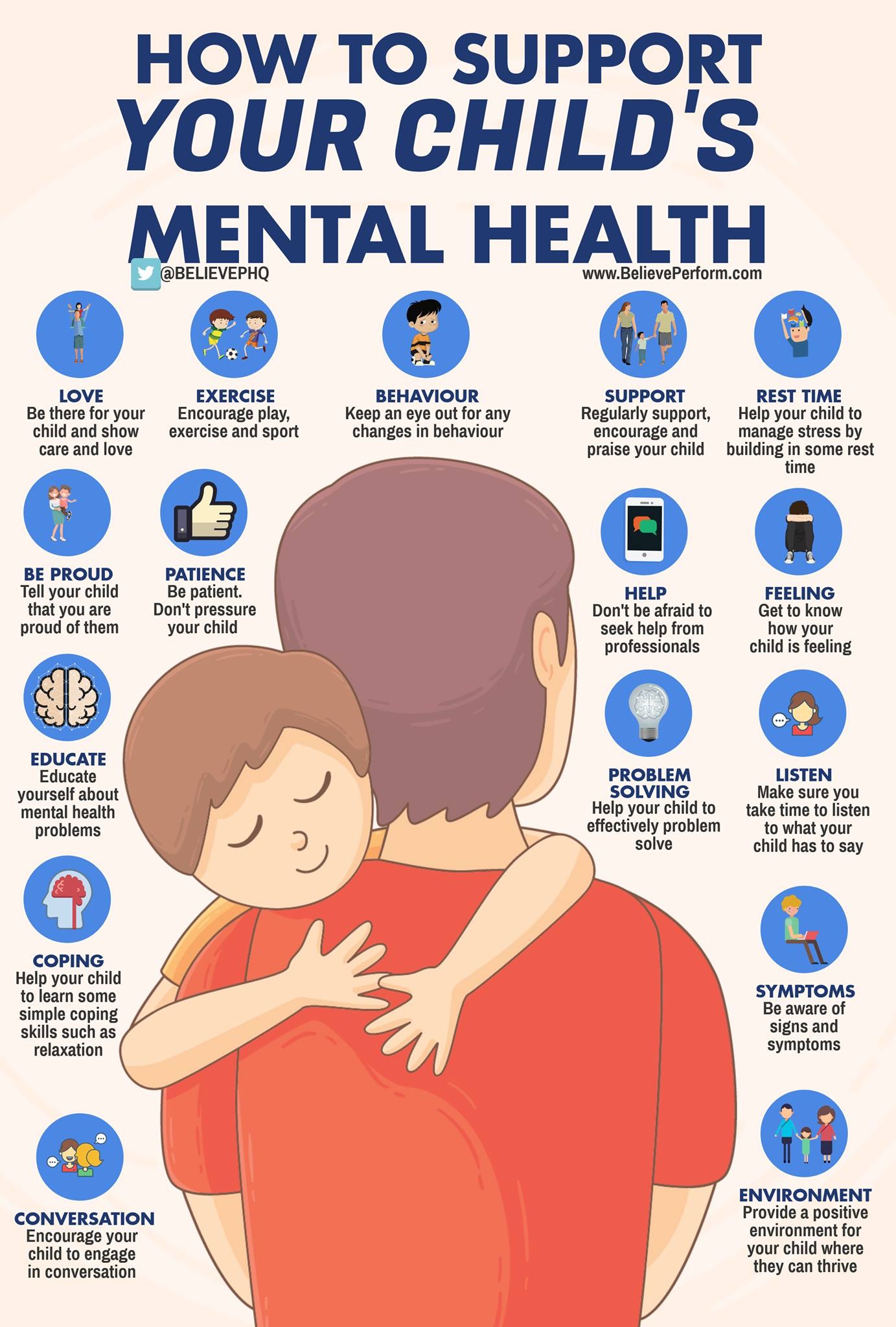
Credit: www.thewisefamily.com
Accessing Anonymous Hotlines
Seeking mental health support discreetly is possible through anonymous hotlines. These services ensure privacy and provide help without involving parents. Accessible 24/7, they offer confidential advice and support for those in need.
Accessing anonymous hotlines can be a lifeline for those seeking mental health support without involving their parents. They offer a safe space to express feelings and concerns. These services are confidential, letting you talk to professionals anonymously. They can be a great first step if you’re unsure where else to turn.
National Helplines
National helplines are available 24/7 to assist those in need. One well-known option is the National Suicide Prevention Lifeline at 1-800-273-TALK (8255). They provide free and confidential support for individuals experiencing distress or suicidal thoughts. Another option is the Crisis Text Line, which you can access by texting HOME to 741741. These services are available nationwide, ensuring help is always just a call or text away.
Text And Chat Services
Text and chat services offer a discreet way to reach out for help. 7 Cups of Tea provides an anonymous chat option with trained listeners. This platform can be accessed online or via their app, making it convenient for you to get support anytime. Teen Line offers text support by texting “TEEN” to 839863. They understand the unique challenges young people face and can offer guidance and a listening ear. Have you ever considered how easy it is to reach out without anyone knowing? With these services, privacy is at your fingertips. They can help you find clarity and comfort in tough times without fear of judgment.
Exploring Online Therapy Options
Discovering online therapy can offer discreet mental health support for teens. Many platforms provide confidential assistance, ensuring privacy from parents. Accessible and user-friendly, these services allow individuals to seek help without leaving home.
Struggling with mental health issues can be tough, especially when you feel like you can’t talk to your parents about it. But there’s good news. You can get the help you need without them knowing through online therapy. It’s private, convenient, and can be just as effective as traditional therapy. Let’s dive into how online therapy can be a game-changer for you.
Benefits Of Online Therapy
Online therapy offers flexibility. You can schedule sessions at times that suit you, whether it’s late at night or during a lunch break. This means no more stress about sneaking away for an appointment. It’s also discreet. You can have therapy sessions from your bedroom or any other private space. No one needs to know unless you choose to tell them. Plus, there’s a wide variety of therapists to choose from. You can find someone who truly understands what you’re going through, without being limited by geography.
Popular Platforms
Several platforms make online therapy easy and accessible. BetterHelp offers a large network of licensed therapists. You can communicate via text, phone, or video, fitting therapy seamlessly into your life. Talkspace is another great option. It allows you to message your therapist anytime. This means you can get support when you need it, not just during scheduled sessions. 7 Cups provides a mix of professional therapy and volunteer listeners. It’s perfect for when you need someone to talk to right away. Have you considered these platforms? Each has unique features to support you on your mental health journey. Don’t let fear of discovery stop you from seeking the help you deserve.
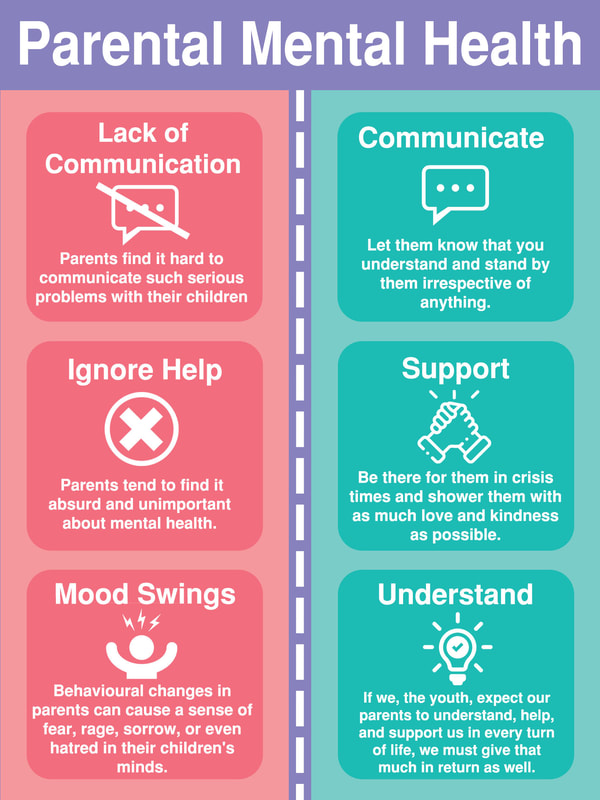
Credit: mindchampsorg.weebly.com
Taking Independent Steps
Seeking help for mental health privately is possible. Explore online therapy options or contact confidential helplines. Libraries offer resources for mental well-being discreetly.
Taking independent steps towards mental health care can be empowering and liberating. You may feel the need to keep your journey private, especially if you’re looking for help without involving your parents. It’s entirely possible to take control of your mental health discreetly and effectively. You can begin by focusing on self-care techniques and mindfulness practices that help build resilience and improve well-being.
Self-care Techniques
Self-care is the foundation of mental health. It involves taking actions that promote physical, emotional, and mental well-being. Start by identifying activities that bring you joy and relaxation. This might be reading, drawing, or even taking a walk in nature. Consider creating a daily self-care routine. Dedicate time for yourself each day to engage in activities that rejuvenate you. This not only helps in managing stress but also improves your mood and energy levels. You might find solace in talking to friends or joining online communities. Sharing experiences with peers can offer support and insights, making you feel less isolated in your journey.
Mindfulness Practices
Mindfulness is about being present in the moment without judgment. It can be a powerful tool for managing anxiety and stress. Start by practicing deep breathing exercises. These can be done anywhere, and they help calm your mind and body. Explore meditation apps or online videos that guide you through mindfulness techniques. Regular practice can enhance your ability to focus and reduce negative thinking patterns. Ask yourself: How often do you truly listen to your body and mind? Mindfulness encourages you to pay attention to your thoughts and feelings, creating a deeper self-awareness. By integrating these practices into your daily life, you build a robust support system for your mental health. Remember, taking these steps independently shows courage and commitment to your well-being.
Navigating Insurance And Payment
Getting mental health support can be tricky without parental involvement. Insurance and payment options add to this complexity. Understanding your options can help you find affordable care. You can access services discreetly and keep your privacy intact. Let’s explore how to manage costs effectively.
Low-cost Services
Community centers often provide affordable mental health services. They aim to help those with financial constraints. Some offer free consultations or low-cost therapy sessions. These centers are a great starting point. Research local facilities and their offerings.
Payment Plans And Sliding Scales
Many therapists offer payment plans. This option allows you to pay in installments. It eases the financial burden of therapy sessions. Sliding scales adjust fees based on your income. They make therapy more accessible for everyone. Ask about these options during your initial consultation.
Building A Support Network
Creating a support network can help in getting mental health assistance discreetly. Online resources and confidential helplines offer guidance and support without needing parental involvement. Trusted friends or community groups can also provide emotional support and valuable advice.
Building a support network is a vital step when you’re seeking mental health help without involving your parents. It provides a safety net that can offer understanding, guidance, and encouragement. Let’s explore some practical ways to build this network effectively.
Connecting With Friends
Your friends can be your first line of support. Choose friends who are trustworthy and have shown empathy in the past. Share only what you’re comfortable with, and remember, a true friend will respect your need for privacy and support you without judgment. Consider asking them to join you in activities that promote mental well-being, like going for a walk or attending a local event. It’s amazing how a simple chat over coffee can turn into a powerful support session. Have you ever thought about the friend who always seems to understand you without words? Reach out to them. They might have insights or experiences that could guide you.
Online Communities
Online communities can be a great resource, especially if you don’t feel comfortable talking to someone in person. Websites and forums dedicated to mental health can provide a safe space to share your feelings anonymously. Look for platforms that have active moderators to ensure a safe environment. Reddit, for example, has numerous supportive subreddits where people share their stories and offer advice. Join groups that align with your specific needs. Whether it’s anxiety, depression, or another issue, there’s likely an online space where you can connect with others facing similar challenges. Remember, you are not alone. Someone out there has walked a similar path and can offer the empathy and advice you might need. Have you considered how powerful it can be to share your story with someone who truly gets it?
Credit: foxbaltimore.com
Frequently Asked Questions
Can You Get Therapy Without Telling Your Parents?
Yes, you can get therapy without telling your parents. Privacy laws protect your confidentiality. Check local regulations for age restrictions. Some therapists offer services specifically for teens. Consider online therapy options for added privacy. Always prioritize your mental health needs.
How To Get Mental Help Secretly?
Seek online therapy platforms for privacy. Use anonymous helplines to talk to counselors. Explore mental health apps for discreet support. Purchase self-help books or resources online. Consider attending support groups virtually under a pseudonym.
How To Get Mental Health Help Anonymously?
Seek anonymous mental health help through online counseling platforms. Use apps like BetterHelp or Talkspace. Access support groups on Reddit or 7 Cups. Call helplines like the National Suicide Prevention Lifeline for confidential assistance. These options ensure privacy and professional support.
What To Do If Someone Is Mentally Unstable And Won’t Get Help?
Encourage open conversation and express your concern. Suggest visiting a therapist together. Reach out to trusted individuals for support. Consider contacting mental health professionals for guidance. Prioritize their safety and well-being.
Conclusion
Finding mental health help secretly is possible. Remember, you’re not alone. Seek support from trusted friends or online resources. Confidential helplines can offer guidance and support. Prioritize your well-being and take small steps. Stay informed about safe, anonymous options available.
Your mental health matters and deserves care. Don’t hesitate to reach out to professionals who respect privacy. Online platforms may offer discreet therapy sessions. Trust yourself and your journey to better mental health. Keep exploring avenues that offer comfort and support.
Stay strong and remember, seeking help is a brave step forward.

“As the voice behind Radiant Glow Health, we are dedicated to being your ultimate wellness and vitality companion. Our mission is to inspire and guide you on your journey to a healthier and more vibrant life. Join us as we explore holistic health practices and empower you to radiate wellness from within.”
